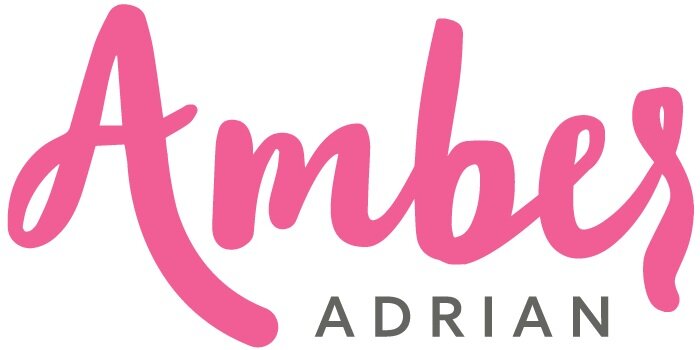We’re magic. Let’s start acting like it.
Here’s my vision for us:
Ease, freedom, and joy in mind, body, and life.
magic, creative genius, and soul purpose is fully activated.
Plenty of money to support our life, joy, nervous system & dreams.
If you’re looking for money support, Cash Compass is for you.
If you’re ready to own your magic, power, and purpose, try Unicorn academy.
happening in April:
Cash Compass
Money No Matter What
No matter what’s going on in your life or in the world, abundance is your birthright.
Unicorn Academy
a new program on intuition
When you work with logic, you create logical results. When you work with your intuition, you create magic.
Hi, I’m Amber!
I’ve been supporting big-hearted, born-for-magic humans since 2015.
As a 5/1 manifesting generator, I’m always coming up with seven new programs to share while trying to write five books. As a double Cancer with a Virgo moon, I might cry about it before making a spreadsheet.
My work helps you unleash your creative genius, remember your magic, and unlock your true potential.
I’m on this path with you, sharing what comes through me for all of us.
As we bring our magic forward, our lives and the lives of those around us take another giant leap forward - and we get to have a lot more fun along the way.


